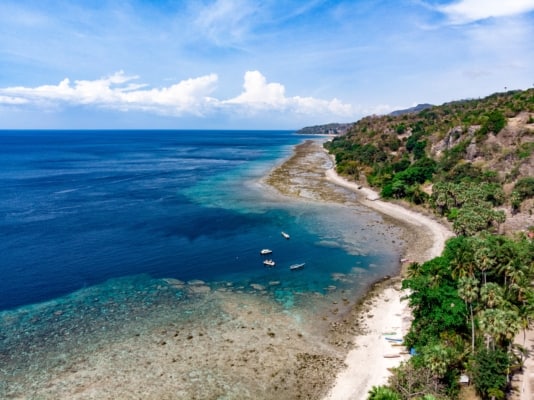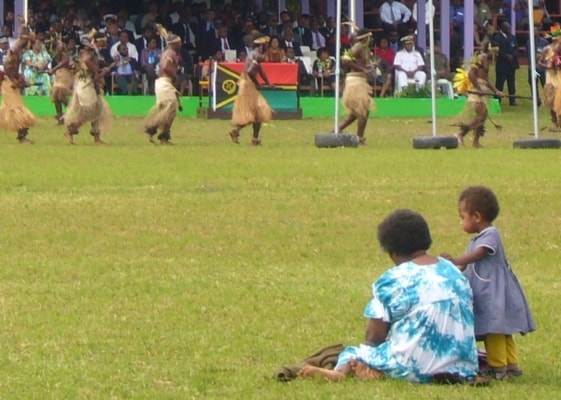Legislatures are central to modern democratic politics, holding governments to account and scrutinising legislation in order to generate more effective public policy. However, they are often bypassed during moments of crisis as presidents and prime ministers prioritise a rapid response. COVID-19 raises particular challenges for legislatures, with social distancing requirements making it harder for them to sit as usual. On the other hand, the urgency and longevity of the COVID-19 crisis has created greater opportunity for legislators to provide scrutiny and in comparison to other policy areas, such as foreign and security policy, parliaments tend to have considerable influence over healthcare.
To investigate legislative leadership during COVID-19, the Westminster Foundation for Democracy (WFD), Developmental Leadership Program and the International Development Department at the University of Birmingham developed the “Legislative Responses to COVID-19 Tracker” and conducted a series of case studies on Brazil, Nepal and Ukraine, which you can read more about in the report. The Tracker monitors legislative responses to COVID-19 for 65 countries along three key indicators: whether the legislature sat; whether there was legislative oversight of the initial response from 1 March to 1 May 2020; and whether legislatures had opportunities for ongoing oversight from 1 April to 1 September 2020.
The Tracker found that although a range of innovative approaches were taken to enable legislatures to continue to function, only half of legislatures sat regularly between 1 March and 1 June 2020, with ten percent having extremely limited or no sittings during this period. In terms of their oversight function, almost a third of legislatures had no direct oversight of the government’s initial response and a quarter had limited opportunities for ongoing oversight.
This is a concern because effective legislative scrutiny played an important role in constraining unnecessarily heavy-handed approaches to the pandemic in some cases, and prompting the government leaders into action where they had been slow to respond. For example, in Brazil, the Congress voted for mandatory mask wearing in closed spaces, which overturned President Bolsonaro’s veto on this issue.
The variations in legislative functions during COVID-19 can be explained by the pre-existing strength of democratic institutions or low technology legislatures that require in-person meetings, but parliamentary leaders also play a major role in influencing the oversight process. We found five key findings on the role of leadership that demonstrate how effective oversight, even outside of crises, needs more than rules and systems – it requires active and committed legislative leaders.
More concentrated legislative leadership during COVID-19 meant that those in existing leadership roles were provided more space and visibility.
For example, in Brazil political party leaders decide the plenary agenda, and were given more visibility in virtual sessions. As the plenary was the main platform for legislative oversight, this focused power of scrutiny in the hands of party leaders. This was also noted in other contexts, such as Tunisia, where the Assembly of the Representatives of the People established a ‘crisis’ cell, including leaders of each parliamentary group, to oversee the government’s actions.
Limited opportunities for scrutiny within the legislature meant that parliamentarians spoke out on social media.
Without plenary sessions in Nepal, legislators who did not have a role on committees had no formal opportunity for scrutiny. Numerous individual legislators utilised their social media and media presence to challenge the government’s response. This led to a more individualised response, as opposed to coordinated action through legislative structures.
With more opportunity for those in existing leadership positions to provide legislative oversight, this raises concerns about equal participation and representation of minoritised groups in the response.
Representatives from minoritised groups are less likely to be in existing political leadership roles, and thus their visibility and ability to effectively scrutinise the government’s response is a serious concern. As a result, the legislature’s representative function may be compromised, and this also raises critical questions about what fair and equal participation looks like.
In all case studies, previous experience appeared to have provided leaders with legitimacy to challenge the government, but this did not necessarily translate into more effective scrutiny.
For example, in Brazil, individual legislators with experience in the health sector were considered to have more credibility with the population when dealing with the pandemic. Deputy Jandira Feghali, a doctor, criticised the President for encouraging people not to wear masks and for underreporting cases, and Humerto Costa, a doctor and former Minister of Health, was an important mobiliser of the creation of a temporary commission of senators to monitor the registration of vaccines against COVID-19. In Nepal, Gagan Thapa MP’s previous role as the Minister of Health meant that he had experience and access to information that was considered fundamental to effective oversight. However, previous experience does not necessarily mean effective scrutiny. In Brazil, Deputy Osmar Terra, a doctor with a lot of political experience including as a health secretary, has been criticised for spreading misinformation about COVID-19.
In countries which did not score highly on the Legislative Responses to COVID-19 Index, civil society organisations are considered to have played a more prominent role in scrutinising the government’s response to COVID-19 than the legislative actors.
This finding was seen in Nepal and Ukraine in particular, with local political leaders being key actors in scrutinising the government’s response, whilst mayors have pushed for more stringent responses to tackle the health crisis in Brazil. In Ukraine, mayors were also active in pushing for more consideration of the long-term economic implications of strict health-related restrictions.
Overall, even where legislatures have demonstrated effective leadership, the combination of great time pressure and the inability to meet in person has concentrated legislative influence in the hands of those in existing leadership roles, meaning that others have been squeezed out of the process. In many legislatures this reflects a general lack of broader participation in normal times, which has simply been exacerbated by the pandemic.
A balanced response to the impact of COVID-19 on legislative leadership must therefore recognise that there is a need to both improve the ability of legislators to provider oversight of specific health crises and to address the underlying barriers to effective scrutiny and lack of inclusivity of many legislatures. Only by adopting this two-fold approach can we both prepare more effectively for the next health crisis, while also ensuring that legislators are primed to play more effective roles in the political process outside of crises.
The full report by Dr Rebecca Gordon and Professor Nic Cheeseman is available on WFD’s website.









